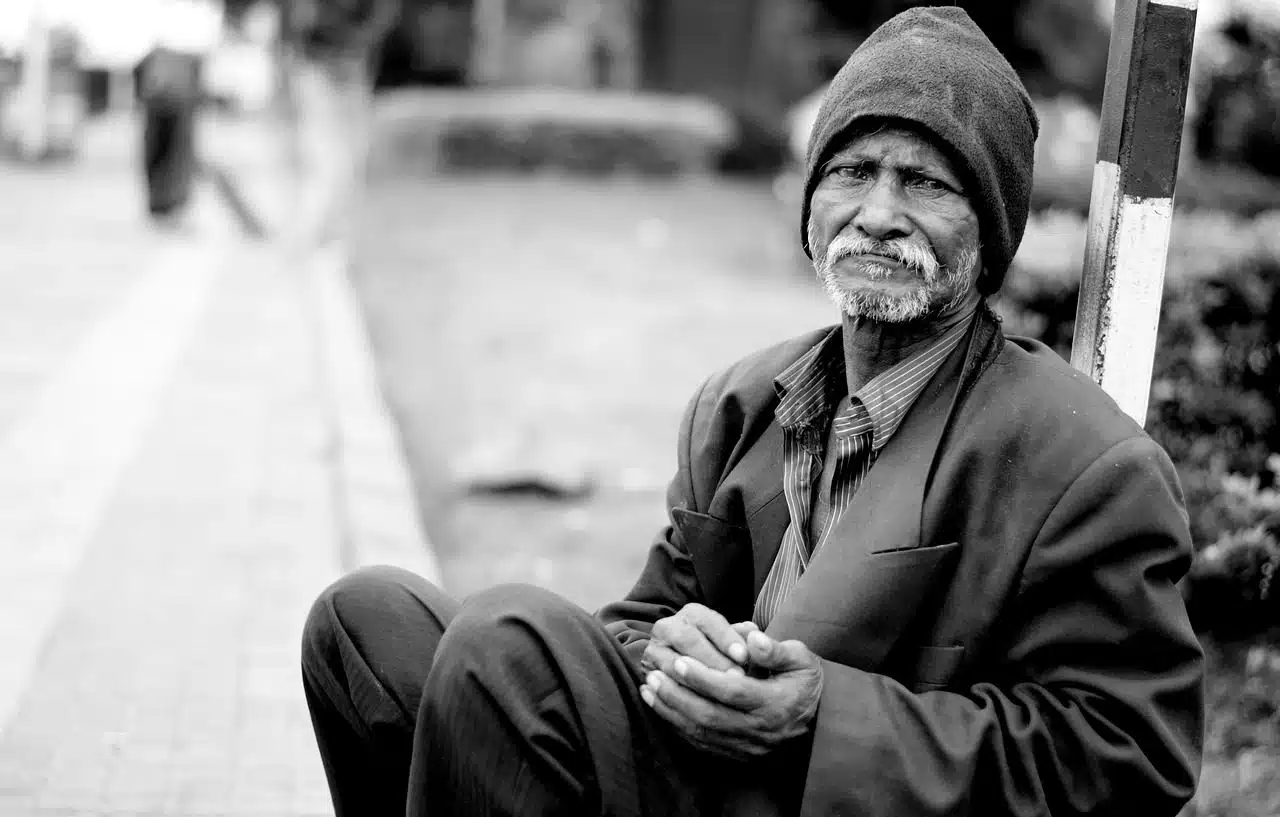
Economic poverty is just one of the factors related to social exclusion.
Social exclusion is a situation of discrimination in which certain individuals or groups are systematically isolated from opportunities, resources and participation in society. This can manifest itself in various forms, such as unemployment , lack of access to education, housing, health services, political participation , and other essential aspects of life.
Social exclusion is not only related to economic poverty , but also encompasses social , cultural and political factors that can keep people on the margins of full participation in the community, leaving them in a situation of vulnerability that only leads to poor development. unequal. The importance and relevance of social exclusion in the current context lies in several aspects: it perpetuates inequality, impacts the quality of life of excluded people, divides society and generates tensions between the different parties and violates the principles of equality and justice. .
Addressing social exclusion is crucial to building a more just, equitable and cohesive world . Inequalities are increasingly evident and debated; Therefore, the fight against this problem has become a fundamental objective for governments, non-governmental organizations and society as a whole. Social inclusion not only benefits victims of marginality, but enriches us all by taking full advantage of our diversity and potential.
Causes
Social exclusion is a complex phenomenon that can be attributed to a series of interrelated causes. These may vary depending on geographical location, social and economic context, but some fundamental causes that often contribute to social exclusion include:
- economic inequality – When there is an unequal distribution of wealth and resources, people with a lack of access to financial services are marginalized and excluded from society;
- discrimination and prejudice : gender inequality , racism , religious discrimination, classism, sexism , discrimination based on sexual orientation and xenophobia , among other forms of injustice;
- lack of access to education : education is a crucial vehicle for empowerment and social mobility;
- lack of access to health : people with chronic health problems or disabilities who cannot receive medical care are marginalized and at unacceptable risk;
- lack of access to decent housing : also known as homelessness (or homelessness) , it is an extreme form of social exclusion. Without a stable place to live, people face difficulties such as lack of access to drinking water;
- digital divide : disparity in access to and ability to use information and communication technology, limiting access to various educational and employment opportunities.
Consequences
Social exclusion entails a series of significant consequences that affect both the individual and collective levels. These can vary in severity and scope, but in general, they have a detrimental impact on people's quality of life and well-being and on the cohesion of society.
- Marginalization and isolation : Excluded people often feel so-called social invisibility . This can lead to loneliness, depression and helplessness;
- economic vulnerability : less access to well-paying jobs and financial resources can result in a lack of economic security and dependence on social assistance;
- health problems : Social exclusion can have a negative impact on a physical and mental level. Excluded people may face increased stress, mental health problems, and exclusion from quality healthcare;
- Crime and delinquency : Crime can be seen as a way to survive, contributing to security problems and increasing social and economic costs;

Isolation is one of the consequences of social exclusion.
Strategies and solutions
Social exclusion is a complex challenge that requires comprehensive strategies and solutions to address its multiple dimensions. Promoting universal access to quality education is essential. This involves investing in educational infrastructure, providing resources and support to students from disadvantaged communities, and ensuring that education is inclusive and equitable.
Promoting the creation of jobs and economic opportunities is essential to combat social exclusion. For example, policies that promote inclusivity, job training programs and support for entrepreneurs.
Ensuring access to affordable housing is also crucial. Governments can implement policies to rehabilitate degraded areas and address homelessness among poor people. In this context we must mention access to physical and mental health services, including the expansion of medical care, mental health programs and addiction prevention.
Policies and programs to combat discrimination and prejudice are also essential to combat social exclusion. Let's not forget that the lack of representation leads to problems such as homophobia and transphobia , so the solution should give everyone a space in society.

Promoting diversity and equality is a tool to combat social exclusion.
History and evolution
Social exclusion is a complex phenomenon that has existed throughout human history in various contexts. Its origins can be found in different times and societies since ancient times. For example, in ancient Greece , slaves were a class excluded from citizenship and what are now called human rights that suffered the worst form of labor exploitation . In Rome, Roman citizens enjoyed privileges that were denied to the rest.
During the Middle Ages in Europe , social exclusion was manifested through the feudal system, where peasants lived under the control of feudal lords and had limited access to property and lack of social mobility. Religious persecutions also occurred, leading to the exclusion of minority religious groups.
The era of European colonization in America and Africa brought with it slavery and massive social exclusion of people of African origin. This extreme form of exclusion lasted for centuries and left a profound legacy of inequality . Throughout the 18th and 19th centuries , revolutions and political changes, such as the French Revolution, promoted equality and civil rights. However, many people, especially ethnic minorities and women, continued to suffer marginalization and lack of opportunities.
